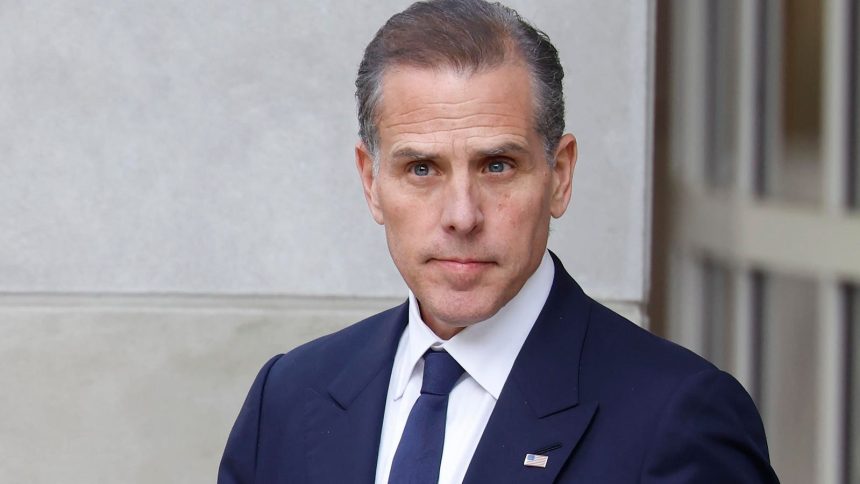In a recent interview on “Forbes Newsroom,” white collar criminal defense attorney Julia Jayne shed light on the controversial presidential pardon granted to Hunter Biden by his father, President Joe Biden. Jayne pointed out the seemingly peculiar provision within the pardon that offers immunity for any crimes Hunter may have committed over the past decade. This timeframe, specifically beginning on January 1, 2014, is particularly relevant, as it aligns with the period during which the younger Biden served on the board of Burisma, a Ukrainian energy company that has been mired in controversy and political scrutiny.
The significance of the date noted by Jayne is compounded by the historical context surrounding Burisma. Critics of President Biden have long focused on Hunter’s involvement with the company, alleging that the former Vice President used his political power to shield Burisma from legal consequences and federal investigations. These claims played a pivotal role in former President Donald Trump’s first impeachment trial, where he was accused of leveraging U.S. aid to Ukraine as a means to dig for damaging information against the Biden family. Jayne suggests that the choice of the start date for the pardon may reflect a desire to address these allegations preemptively.
According to Jayne, the decade-long immunity granted in the presidential pardon is a strategic move by President Biden designed to mitigate potential risks associated with ongoing or future investigations into Hunter Biden’s activities. The attorney speculated that Biden may have anticipated that Trump or his affiliates could continue to pursue inquiries into Hunter’s tenure at Burisma, prompting the urgent need for protective measures. This perspective underlines the political implications of the pardon and hints at the extent of concern that President Biden has regarding the persistence of investigations into both his and his son’s actions.
Furthermore, the rationale behind this aspect of the pardon reflects broader themes within U.S. politics concerning the use of executive power to shield family members from legal repercussions, particularly in politically charged contexts. Jayne’s insights highlight the intricate connection between legal defense strategies and political maneuvering in modern governance. The move to grant immunity resonates with an understanding of how familial ties can intersect with political agendas, raising questions about the ethical ramifications of such pardons.
As political dynamics continue to evolve, the implications of Hunter Biden’s pardon may resonate far beyond immediate legal concerns. The pardon brings to the forefront issues of accountability and transparency, particularly in cases where family members of political figures are ensnared in legal entanglements. With public opinion divided on the benefits and consequences of such actions, the pardoning of Hunter Biden becomes a touchstone for discussions about the integrity of public office and the lengths to which leaders may go to protect their relatives from potential legal fallout.
In summary, Julia Jayne’s analysis of the unusual provisions in Hunter Biden’s presidential pardon reflects a complex interplay of legal strategy and political protectionism. The chosen timeframe for immunity not only raises eyebrows but also underscores the potential motivations behind such a decision, which appear to be rooted in a desire to shield Hunter from ongoing and future scrutiny. As the case unfolds, the ramifications of this pardon may continue to challenge the expectations of legal accountability for politicians and their families amidst a polarized political landscape.



